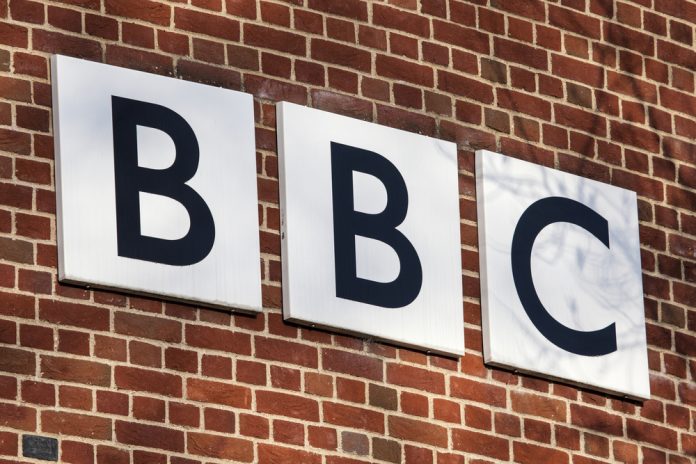The UK government has called on the BBC to justify its broadcast arrangement with mixed martial arts (MMA) promotion Bellator amid the current debate about the lasting effects concussion can have on sportsmen and women’s health.
At the beginning of February, Bellator struck a landmark deal with the public service broadcaster, which would see all of the promotion’s events aired live on the BBC iPlayer in the UK in 2021.
However, the Digital, Culture, Media, and Sport Select Committee (DCMS) has raised concerns about the health and safety of the sport and the role the BBC is taking in becoming a ‘cheerleader’ for MMA.
Subsequently, the DCMS Chair, Julian Knight MP, has penned a letter to the BBC Director-General, Tim Davie, to invite Davie to the committee on 31 March.
According to Broadcast, Knight wrote in one excerpt: “Given the current focus there has been in the media on concussion in sport, including several thoughtful pieces from the BBC (for example, the interview with the daughter of Scotland footballer Gordon McQueen) it seems strange that the BBC should be raising the prominence of mixed martial arts in this way.”
On 2 April, Bellator’s calendar will kick off at the Mohegan Sun Arena Connecticut. Patricio ‘Pitbull’ Freire and Emmanuel Sanchez are set to headline the event, going head-to-head for the Featherweight world title in the semi-finals of the World Grand Prix tournament.
Confirming the receipt of the letter, a spokesperson for the BBC said: “MMA is a recognised sport covered by a number of broadcasters and like any sport, it is for the ruling body to ensure the safety of the sport.
“Our live MMA coverage carries clear warnings and is only available on BBC iPlayer. BBC iPlayer gives parents the option to set a Parental Lock, which restricts access to programmes which display a guidance warning to ensure younger audiences can’t access inappropriate content.”
In an exclusive interview with Insider Sport last month, Head of Bellator Europe, David Green, highlighted how the MMA promotion’s agreement with the BBC was a ‘massive indicator’ of the growth of the sport.
“That falls on attendance in arenas and awareness but clearly broadcast is a huge part of it,” he explained. “Getting a free-to-air offering and a free-to-air platform is very important to that growth.
“A platform like the BBC is just massive because it not only comes with that broad bandwidth but also the name of the BBC and what they’re going to do in terms of their other platforms will really help with what we need as well which is more awareness and a bit more exposure across the sport.”
Last year, the BBC trialled the arrangement with Bellator, showing the MMA promotion’s Paris-based event, which also marked the first time an MMA meeting had been held in France since the ban on the sport was lifted.
In June 2019, the country’s Ministry of Sports made an initial decision to recognise MMA as a sport and later in 2020, France’s media regulation council (CSA) opted to lift the 15-year-long suspension on the broadcasting of the sport.























